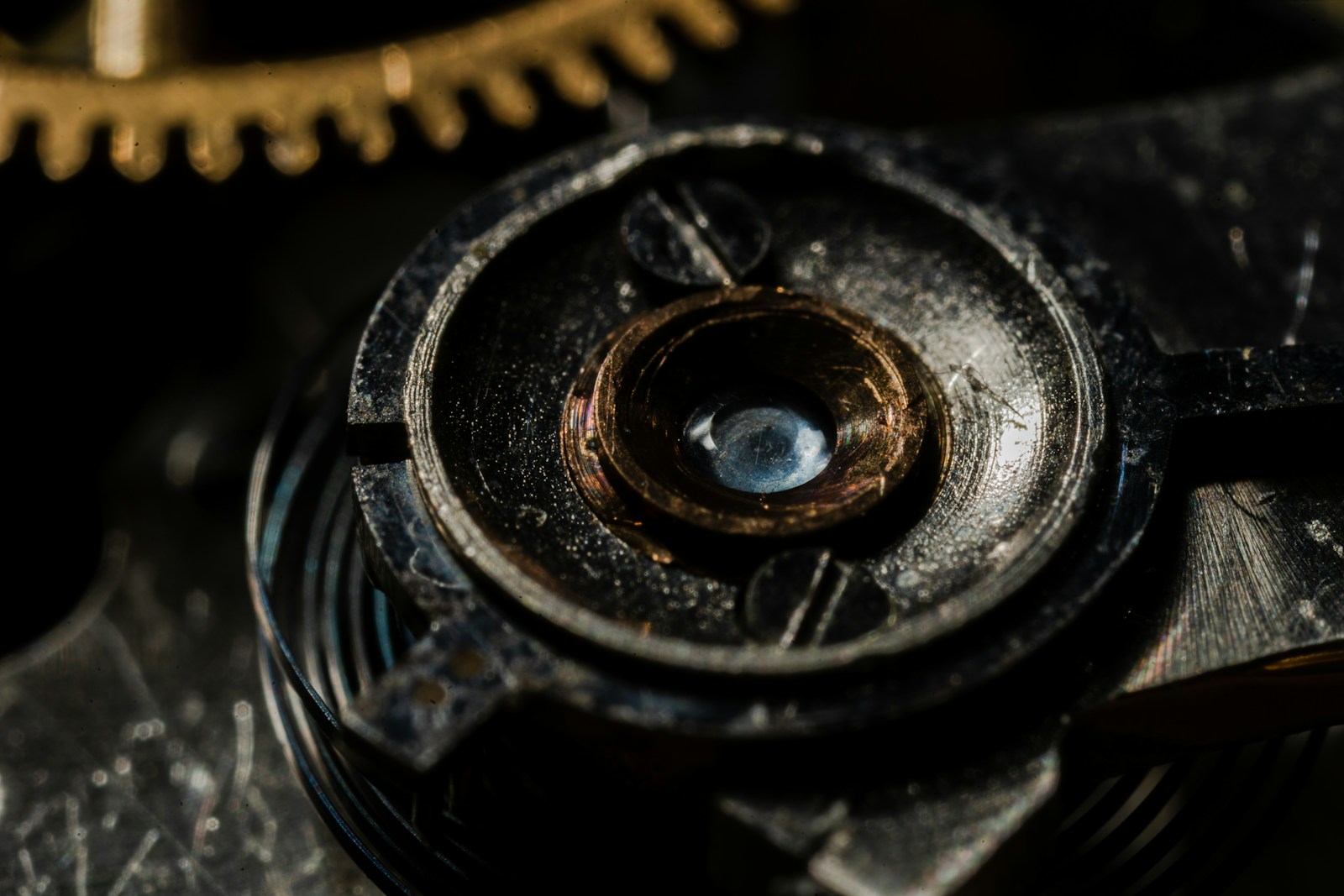Antique Clocks: Where to Start Your Collection
If you are looking to start a collection of antique clocks, you are embarking on a journey that is both fascinating and rewarding. Antique clocks not only tell time but also serve as beautiful pieces of history and craftsmanship. Whether you are drawn to vintage clocks, old clocks, or the grandeur of grandfather clocks, there are many avenues to explore when building your collection.
One of the first steps in starting your collection of antique clocks is to determine the type of clocks that interest you the most. Vintage clocks encompass a wide range of styles and time periods, from ornate Victorian mantel clocks to sleek mid-century modern designs. Old clocks, on the other hand, may include antique wall clocks, carriage clocks, or even early pocket watches. Grandfather clocks, with their stately presence and intricate mechanisms, are often the centerpiece of a clock collection.
Once you have identified the types of antique clocks that appeal to you, it is important to do your research. Learn about different clockmakers, styles, and materials used in the production of antique clocks. Familiarize yourself with the terminology associated with clockmaking, such as movements, dials, and casework. Understanding the history and craftsmanship behind antique clocks will not only enhance your appreciation for these objects but also help you make informed decisions when adding to your collection.
When it comes to acquiring antique clocks, there are several options to consider. Antique shops and flea markets are great places to start your search, as you can often find unique pieces at affordable prices. Estate sales and auctions are also excellent sources for antique clocks, especially if you are looking for rare or high-end pieces. Online marketplaces and specialty websites dedicated to antique clocks can provide access to a wide range of options from around the world.
When purchasing antique clocks, it is essential to inspect the condition of the clock carefully. Look for signs of wear, damage, or repairs that may affect the clock’s authenticity or functionality. Check the movement of the clock to ensure that it is in working order, or be prepared to invest in restoration if necessary. Keep in mind that antique clocks may require regular maintenance and servicing to keep them running smoothly.
As you build your collection of antique clocks, consider displaying them in a way that showcases their beauty and craftsmanship. Group clocks together by style, period, or maker to create a cohesive and visually appealing arrangement. Rotate your collection periodically to keep things fresh and interesting. And don’t forget to share your passion for antique clocks with others, whether through social media, collector’s groups, or local exhibitions.
In conclusion, starting a collection of antique clocks is a rewarding pursuit that offers a glimpse into the artistry and history of clockmaking. Whether you are drawn to vintage clocks, old clocks, or the grandeur of grandfather clocks, there are countless opportunities to explore and expand your collection. By doing your research, carefully selecting pieces, and displaying them with pride, you can create a collection of antique clocks that brings joy and inspiration for years to come.
